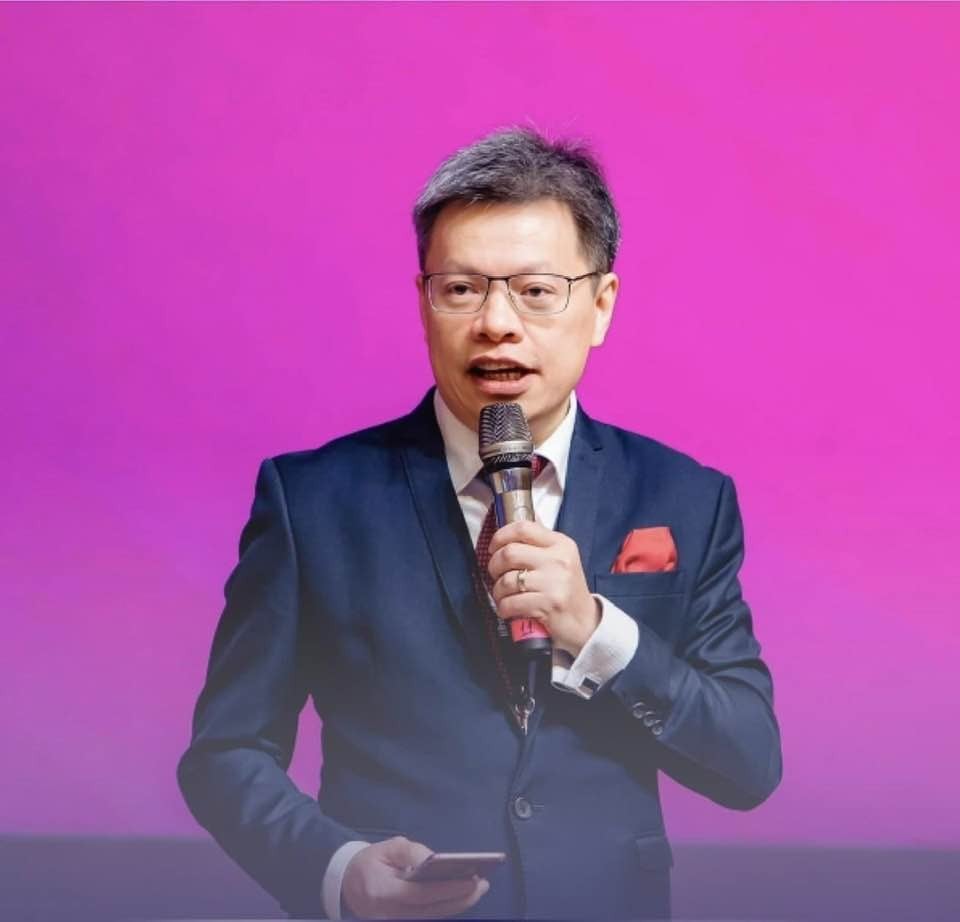 |
| Expert Le Quoc Vinh believes that purifying social networks must start with people. (Photo: NVCC) |
Recently, the Ministry of Information and Communications announced a series of violations by TikTok in Vietnam, and public opinion was surprised by many harmful contents related to children. As a media expert, how do you evaluate the importance of promoting social media culture in the current period?
Social media culture has been a source of public outrage for a long time, not until we examined and found information that needed to be adjusted on TikTok. In fact, this story is on all social networks, and TikTok is just one of the subjects being examined. No one dares to say that Facebook culture is good.
Specifically, the ongoing scandals and noises related to the movie Southern Forest Land show that the brutality, absurdity and "evil" eyes of social networks are greatly affecting our lives.
Of course, social media culture is just like real life. What happens in real life happens on social media, only social media affects it more deeply than real life.
Inappropriate behavior has a much greater impact on society in cyberspace than in real life. Therefore, adjusting the culture of behaving in a kind manner on social networks is necessary, important and must be done.
In the context of the Ministry of Culture, Sports and Tourism discussing cultural revival, many people think that the first thing to do is to revive online culture. What is your opinion?
Of course, the story of cultural revival on social networks is necessary. In my opinion, it must be done, very necessary but difficult.
The story of cultural revival needs to be discussed more thoroughly. We need to understand the concept of cultural revival. Cultural revival is not about building cultural works, but it is about human behavior, human relationships, worldviews, and human outlooks on life.
At the same time, adjustment is not by money but by the efforts of the whole society, of people and must be included in educational foundations from school. When there is proper and adequate education, we will naturally create appropriate cultural products.
According to you, what are the barriers to "purifying" the online cultural space in general and TikTok in particular?
It lies in the people - the users of social networks. Investors and owners of social networks also have the responsibility of being like the "police" to monitor and detect deviant behaviors and toxic products in order to find solutions to eliminate them. However, we cannot put all the responsibility on them, because how can they prevent it if we, the users, are carelessly "littering" the cyberspace?
| "We must know how to condemn, ignore, forget and not interact with those who are polluting social networks. If there is any incident, whether black or white, we also rush to brutally curse others online because we think the virtual world is anonymous, then those will be small sparks that contribute to making social networks more polluted." |
In fact, users themselves are not aware that every single thing they write online has a toxic impact. It cannot be said that only those who are condemned by society, or those who create toxic products that are published in the press, are responsible. In my opinion, every user has that responsibility.
Once you share products with toxic values on your wall or share on groups, you are contributing to "dumping trash" on social networks. Everyone thinks they are innocent but that is not true, everyone is a part of creating that online society.
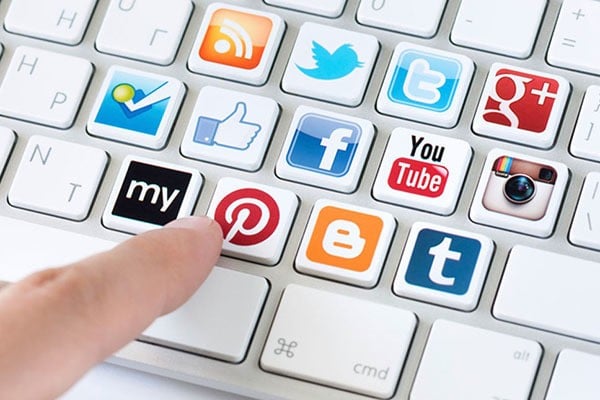 |
| Social media users need to adjust first. (Illustration photo) |
So how necessary is the purification of cyberspace? How should policies be improved for management, sir?
The first is people, each user. If each person is not aware of cleaning up their own trash, this problem will not be solved. The State's sanctions and policies are only a part.
For example, like at home, if there is a rule that if you throw garbage in a neighbor's house or a public place, you will be fined, it will act as a deterrent. But people still throw garbage because they think that if they throw garbage out but don't get caught, they will still throw it.
The same goes for social media culture. The problem is that we often think that this is the role of the State and the network operators, and that users have no involvement or responsibility, which is incorrect. In fact, users have the greatest responsibility.
It is our fault for littering, not the government's fault for not cleaning up. Of course, the government also has a role to play, or more accurately, the government still needs to have sanctions, conditions and severely punish those who pollute and "corrupt" social networks. But that is only part of it, it is necessary to emphasize that people who use social networks must be educated.
At the same time, we must know how to condemn, ignore, forget and not interact with those who are polluting social networks. If there is an incident now, whether black or white, and we also rush to brutally curse others online because we think the virtual world is anonymous, then those will be small sparks that contribute to further polluting social networks.
There must be propaganda, warning and education measures to raise users' awareness as well as how to deal with irresponsible platform providers?
On the contrary, the State’s policy, sanctions and requirement for network operators to regularly control and prevent harmful products is one part, but the most important thing is to invest in people. I want to emphasize that new social network users need to adjust. If we only rely on State policies and punish network operators, we will never solve the problem at its root.
Thank you!
Statistics from the Ministry of Information and Communications show that as of June 2023, the rate of Internet users in Vietnam reached 78.59%, exceeding the 2023 plan target (76%)...; the number of social network users in Vietnam in 2022 was nearly 76 million people, an increase of nearly 10 million people within 1 year (equivalent to 73.7% of the population). With this figure, Vietnam is the country with the 12th highest number of Internet users in the world and ranks 6th out of 35 countries/territories in Asia. Vietnamese users spend an average of nearly 7 hours per day participating in Internet-related activities and the percentage of Internet users in Vietnam using the Internet daily is up to 94%. |
Source





![[Photo] Overcoming all difficulties, speeding up construction progress of Hoa Binh Hydropower Plant Expansion Project](https://vstatic.vietnam.vn/vietnam/resource/IMAGE/2025/4/12/bff04b551e98484c84d74c8faa3526e0)

![[Photo] Closing of the 11th Conference of the 13th Central Committee of the Communist Party of Vietnam](https://vstatic.vietnam.vn/vietnam/resource/IMAGE/2025/4/12/114b57fe6e9b4814a5ddfacf6dfe5b7f)


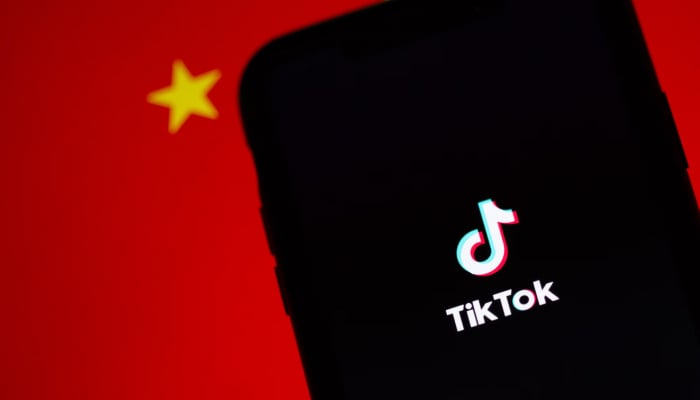

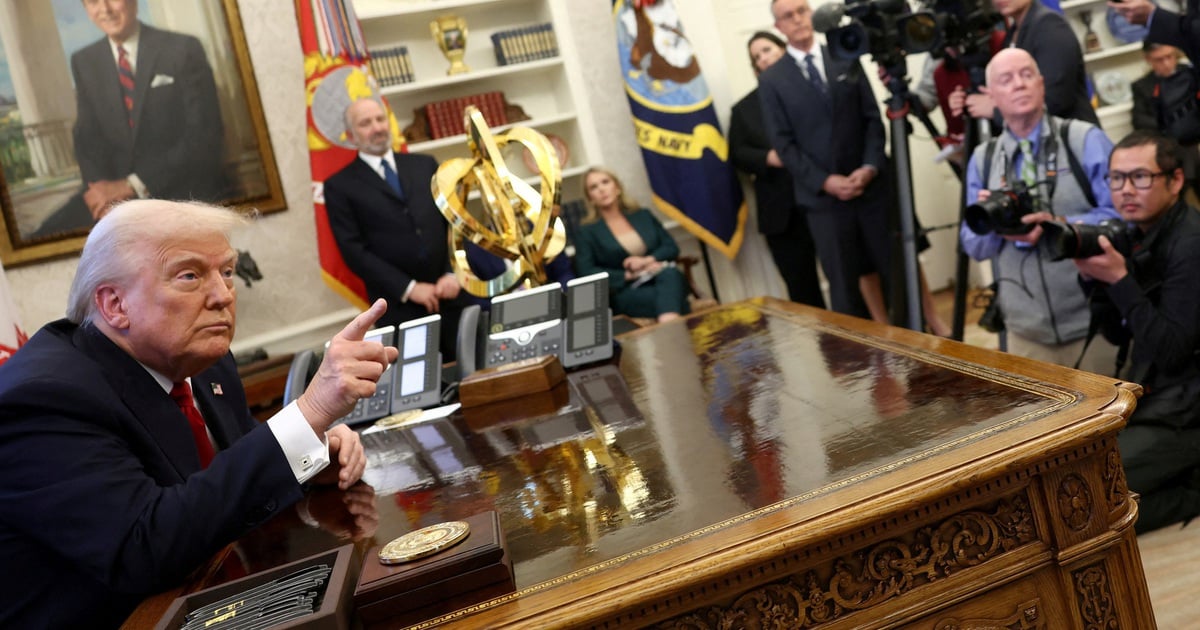

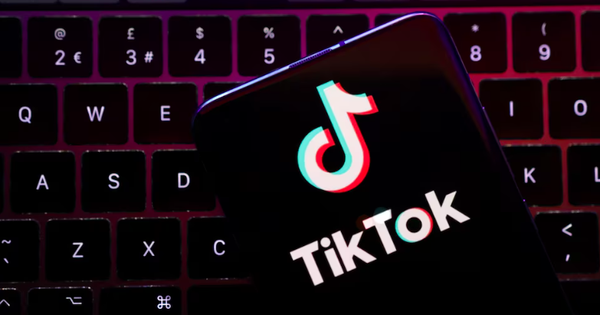




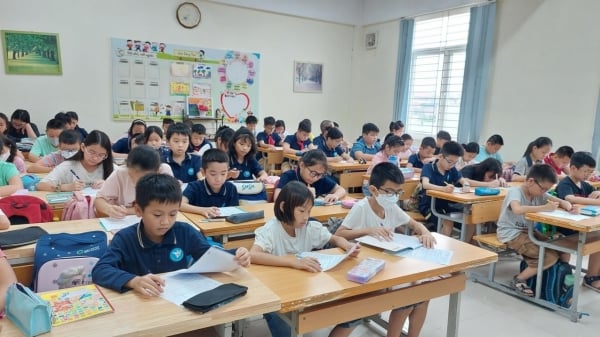




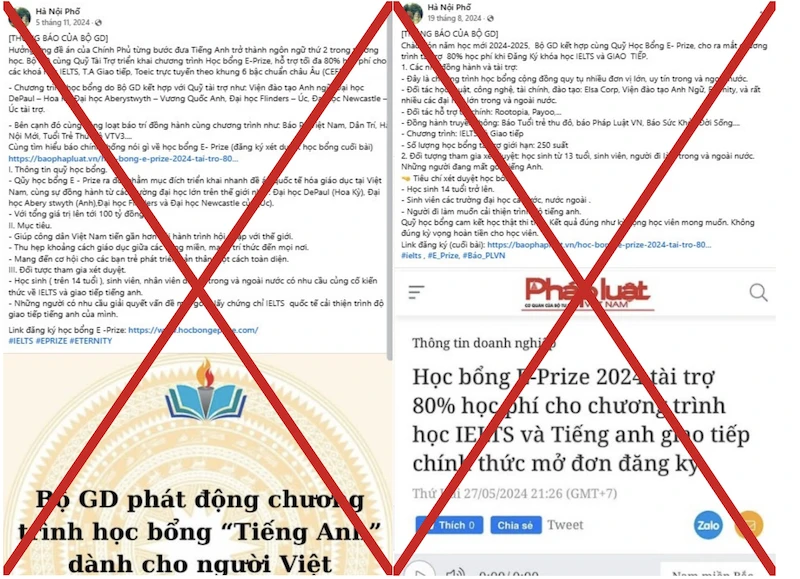






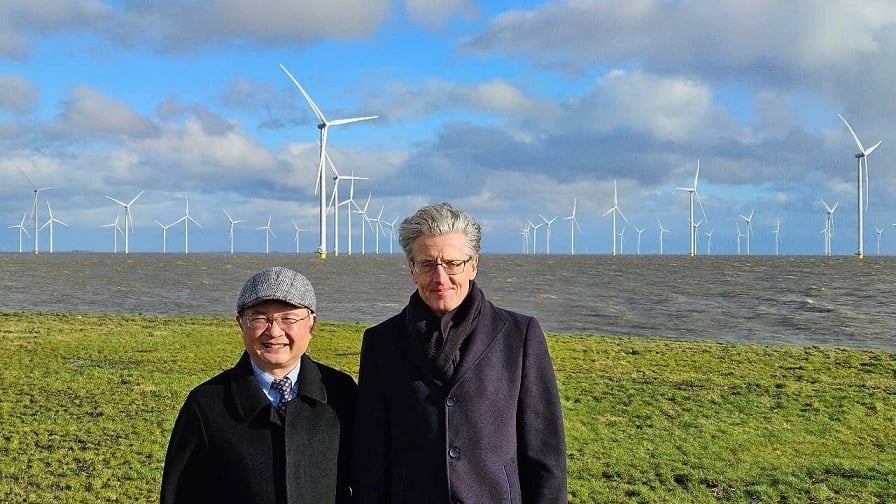
































































Comment (0)